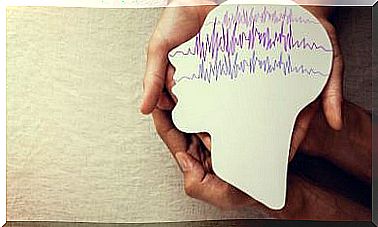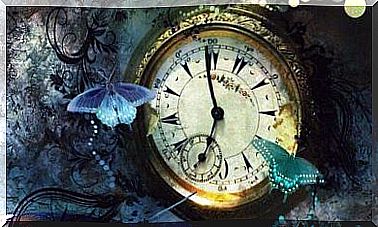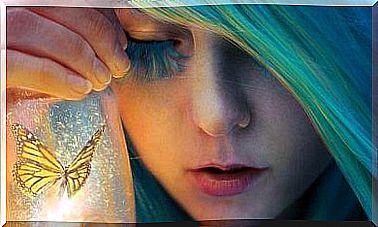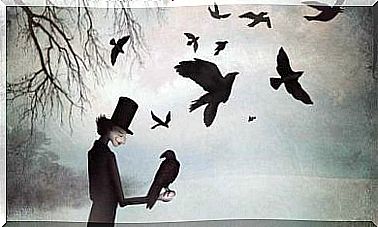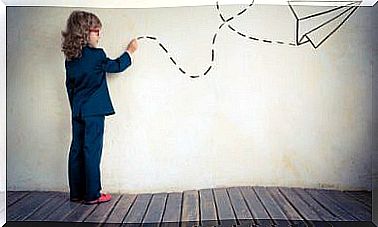4 Philosophy Books To Learn To Think
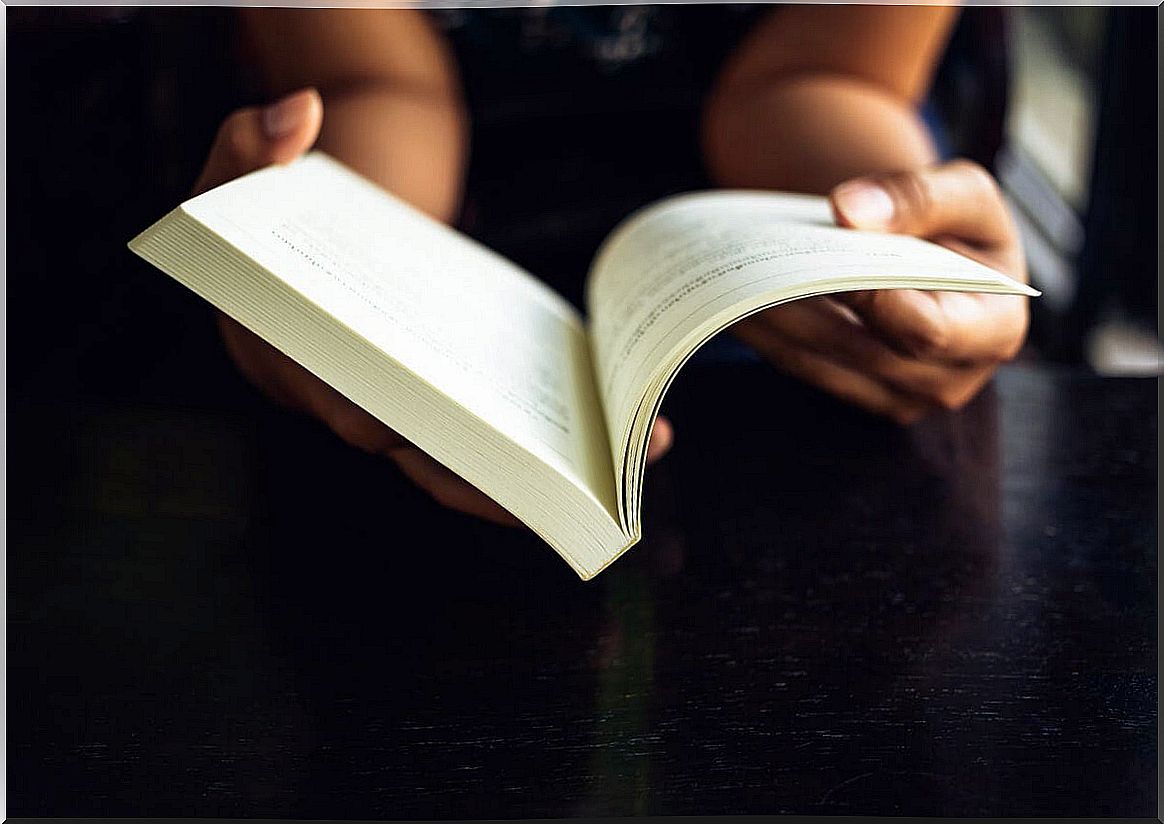
Perhaps no skill is more valuable and more difficult to achieve than developing profitable critical thinking for our interests. As a rule, at school we were taught more to repeat than to think; some debate, some talk, but in essence it is a job that we have to do for ourselves.
In many jobs, if we make bad decisions early in the morning, we will most likely spend the rest of the day trying to correct mistakes or cushion the consequences. And it may have been because we didn’t take enough time to have thought better of it. Thus, good thinking produces better initial decisions, thus freeing up time and energy, and these are already some of its advantages.
What does it mean not to think?
Before going on to explain what it is to think well, let’s talk about not thinking. Stanford University psychologists, in a 2009 study, wanted to investigate how college students could multitask much more effectively than older people. And what did they find?
The researchers hoped to discover improved mental faculties in people who are able to perform many tasks at the same time, and all of them well performed. However, they did not achieve their purpose.
In the end, the experts came to a conclusion that he did not expect. They found that the habit of multitasking not only affects other mental abilities, but multitasking itself. Thus, as strange as it may seem a priori, multitasking is not only usually a bad idea to achieve results, but also impairs the ability to think.

What is thinking?
Thinking means concentrating on one thing long enough to develop an idea about it. There is no use learning other people’s ideas or memorizing a set of information, no matter how useful it is. What is valuable and important is learning to think for yourself. In this way, we can not do it if we do not take it seriously, and much less, if we get distracted with messages from Facebook, Twitter, Instagram stories or watching a video on YouTube.
At this point, we are going to suggest 4 books of classical philosophy to develop and practice effective thinking, form your own criteria and establish your own decisions based on your needs, those of your environment and, ultimately, to be able to use it in any area of life.
1. Tractatus Logico-Philosophicus, by Ludwig Wittgensteine
Ludwig Wittgensteine’s Logical Philosophical Treatise is one of the examples that can most help us to organize our thinking. The philosopher Ludwig Wittgensteine makes a detailed speech on how to give order and meaning to thinking, a very good opportunity to begin to clarify and dispose of our ideas well, since it deals, among other things, with the optimal conditions to use language correctly .
For him, there are several problems regarding language; and it is what happens in our mind when we use it with the intention of wanting to say something through our words.
2. The discourse of method, by René Descartes
The discourse of the method is a classic of philosophy of all time, where the philosopher explains his method of reasoning, even through the most difficult problems. He illustrates the development of this method through short autobiographical sketches interspersed with philosophical arguments. A book to learn to manage the understanding as a guide, for all those who wish to learn to think well.
In the book, the first of his four rules of method consists of internalizing what he calls “methodical doubt”, that is, not admitting anything as true without knowing with evidence that it is ; do not rush, and always start from rational, evident, clear and intelligible principles.
3. Dialogues, by Plato
Plato is perhaps one of the greatest philosophers of all time. In his work, Dialogues of Plato explores the constant training of reason. Thus, together with his teacher Socrates, they discuss how to understand as reasonably possible topics as universal as love, good, truth, virtue, being or beauty, which he analyzes in his work through El Banquet , The Republic , Phaedo or Phaedrus .
Thus, Plato, together with Socrates, discuss, analyze and debate, from different points of view, the same topic until arriving at a seamless plot line.
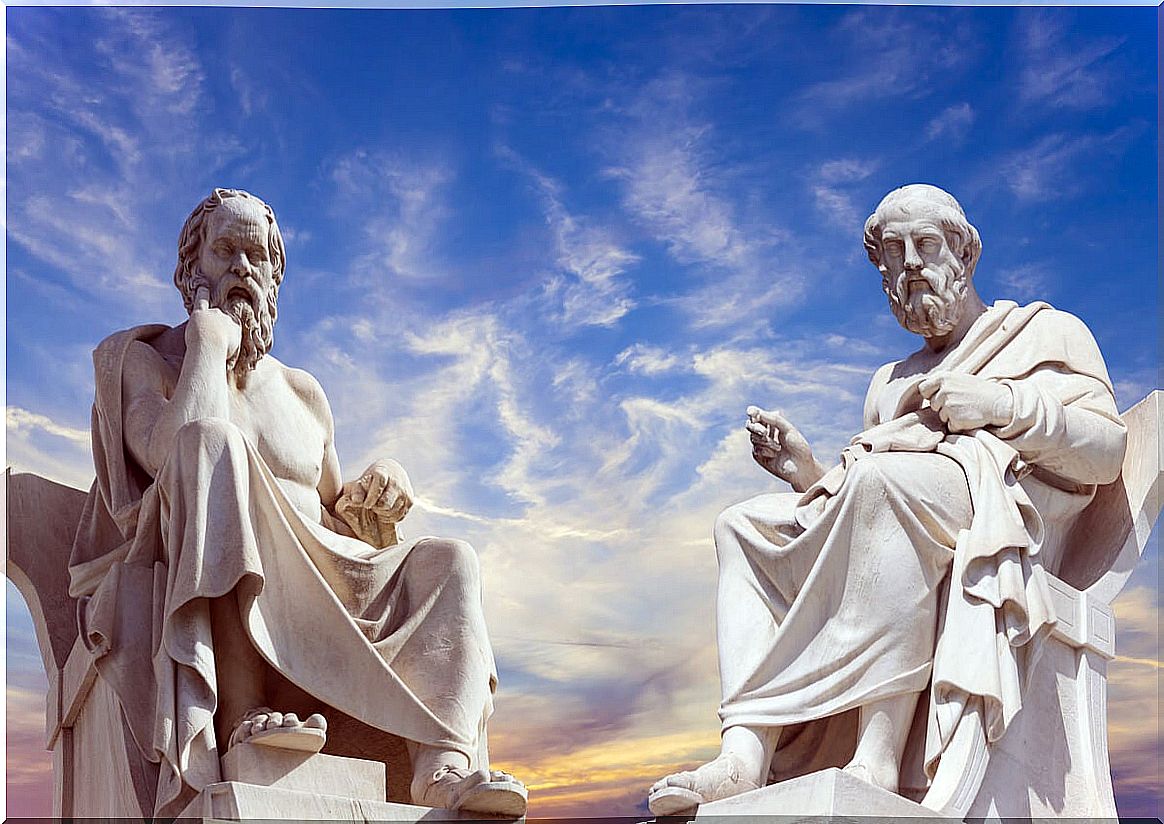
4. Religion within the limits of mere reason, by Immanuel Kant
Religion within the limits of mere reason is a key element of the system of philosophy that Kant introduced in his Critique of Pure Reason , a work of great importance in the history of Western religious thought.
It represents his particular attempt to explain the form and content of a type of religion that would be based on moral reason , or know what is right and what is wrong, and that would satisfy the needs of a life as ethical as possible. .
A philosopher who praised the use of reason as a hallmark of our species. A beautiful copy in which we are asked three questions that in themselves already invite us to think: What can I know? What should I do? What am I allowed to expect? What is the human being?
